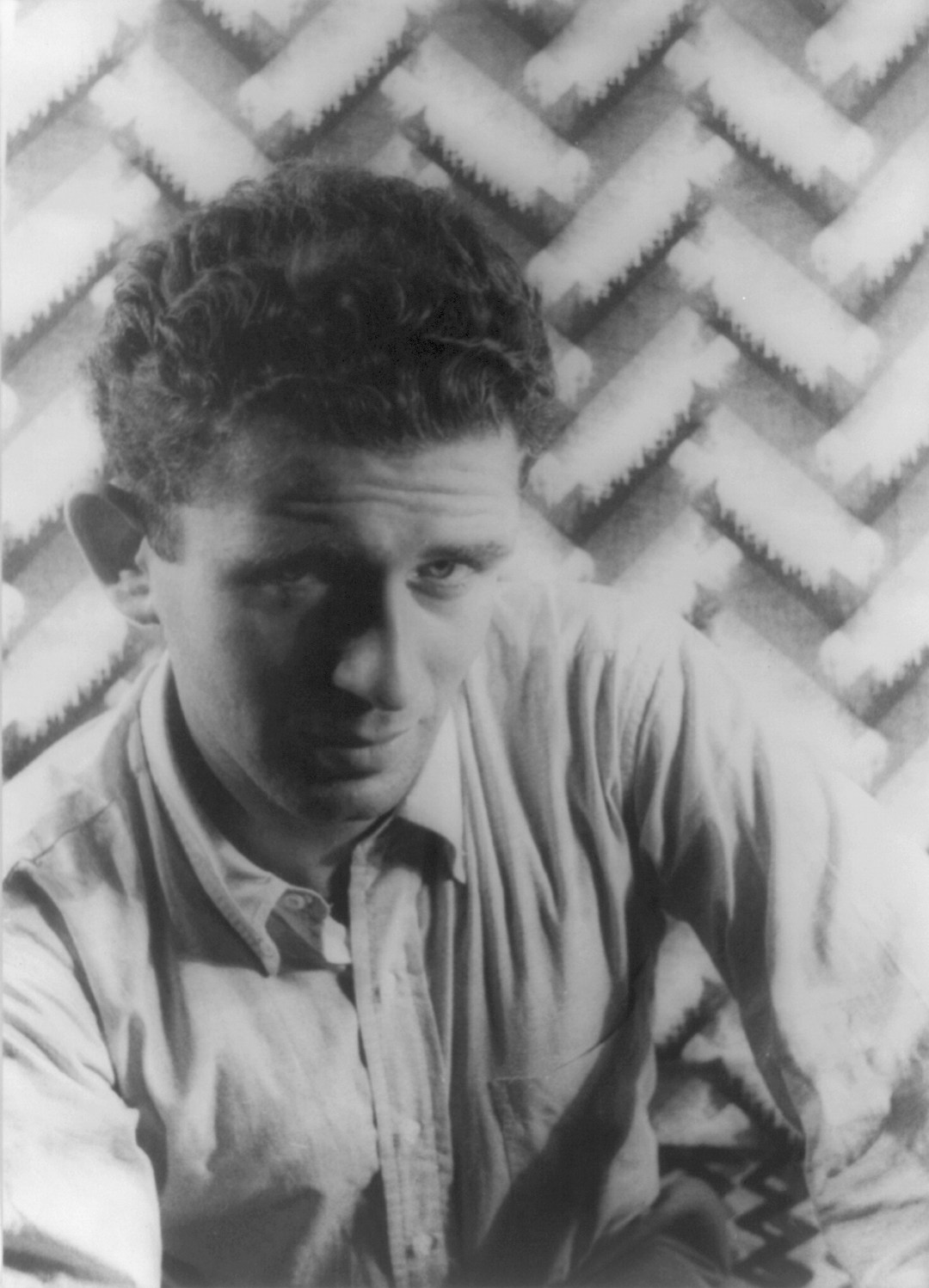“Morrer não deve ser tão difícil. Até hoje, todos foram bem-sucedidos.”
Norman Mailer citado em "As melhores frases de ironia e irreverência" - Página 81, GARAMOND, Editora Garamond, ISBN 8576170868, 9788576170860- 120 páginas
Norman Kingsley Mailer foi um escritor e jornalista estadunidense, premiado duas vezes com o Prêmio Pulitzer.
Mailer é considerado um dos pais da não-ficção criativa, também chamado de Novo Jornalismo, ao lado de escritores como Tom Wolfe e Truman Capote, vértice da literatura norte-americana.
Estudou engenharia aeronáutica na Universidade de Harvard, onde despertou interesse pela leitura e escrita através de artigos do jornal universitário.
Com fama e reconhecimento internacionais desde 1948, quando seu livro Os Nus e os Mortos , baseado em experiências vividas na Segunda Guerra Mundial, foi um best seller bastante elogiado pela crítica, Mailer foi duas vezes premiado com o Pulitzer: em 1968 com Os Exércitos da Noite e em 1979 com A Canção do Carrasco sobre o condenado à morte Gary Gilmore.
Importante expoente da contracultura nos Estados Unidos dos anos 60, Mailer foi um dos fundadores do influente jornal alternativo The Village Voice e ativista contra a Guerra do Vietnam, o que lhe custou uma prisão. A biografia sobre Marilyn Monroe publicada em 1973 foi um de seus grandes sucessos de vendas e provocou enorme polêmica, com as afirmativas de que a morte da atriz teria sido causada pelo FBI e pela CIA, que condenavam seu suposto romance com o senador Robert Kennedy.
Morreu em 10 de novembro de 2007 no Hospital Monte Sinai, em Nova Iorque, aos 84 anos, vítima de problemas pulmonares.
Wikipedia

“Morrer não deve ser tão difícil. Até hoje, todos foram bem-sucedidos.”
Norman Mailer citado em "As melhores frases de ironia e irreverência" - Página 81, GARAMOND, Editora Garamond, ISBN 8576170868, 9788576170860- 120 páginas
I don't think life is absurd. I think we are all here for a huge purpose. I think we shrink from the immensity of the purpose we are here for.
Norman Mailer em entrevista com Divina Infusino em American Way (15 de junho de 1995)
“O papel natural do homem do século XX é ansiedade.”
The natural role of twentieth-century man is anxiety.
Norman Mailer in The Naked and the Dead (1948)
Fonte: Revista Veja http://veja.abril.com.br/231298/p_012.html de 23/12/98
"Petty Notes on Some Sex in America" first published in Playboy magazine (1961 - 1962)
Cannibals and Christians (1966)
“I hate everything which is not in myself.”
Sgt. Sam Croft, in Pt. 1, Ch. 5
The Naked and the Dead (1948)
Superman Comes to the Supermarket (1960)
"Hip, Hell, and the Navigator" in Western Review No. 23 (Winter 1959); republished in Conversations with Norman Mailer (1988) edited by J. Michael Lennon.
“The function of socialism is to raise suffering to a higher level.”
As quoted in Peter's Quotations : Ideas for Our Time (1977) by Laurence J. Peter
“Hip is the sophistication of the wise primitive in a giant jungle.”
"The White Negro", first published in Dissent (Summer 1957)
Advertisements for Myself (1959)
“The need of the city is to accelerate growth; the pride of the small town is to retard it.”
Superman Comes to the Supermarket (1960)
“Revolutions are the periods of history when individuals count most.”
McLeod, in Ch. 29
Barbary Shore (1951)
Timothy Madden, in Tough Guys Don't Dance (1984), Ch. 1
Superman Comes to the Supermarket (1960)
Superman Comes to the Supermarket (1960)
As quoted in The Eternal Adam and the New World Garden (1968) by David W. Noble, p. 204
“One can indeed be restored, by an exceptional demonstration of love.”
Superman Comes to the Supermarket (1960)
"The Homosexual Villain"; this has also been widely misquoted as: "There is probably no heterosexual alive who is not preoccupied with his latent homosexuality."
Advertisements for Myself (1959)
Fonte: The Man Who Studied Yoga (1956), Ch. 5
Gen. Edward Cummings, in Pt. 1, Ch. 6
The Naked and the Dead (1948)
Harry Hubbard, in Harlot's Ghost : A Novel (1991)
Pt. 2, p. 87
Miami and the Siege of Chicago (1968)
Superman Comes to the Supermarket (1960)
“In tranquility one recollects them with affection, their instinct is good, crazy family good.”
Superman Comes to the Supermarket (1960)
"A Speech at Berkeley on Vietnam Day"
Cannibals and Christians (1966)
Superman Comes to the Supermarket (1960)
As quoted in The Writer's Quotation Book : A Literary Companion (1980) by James Charlton, p. 43